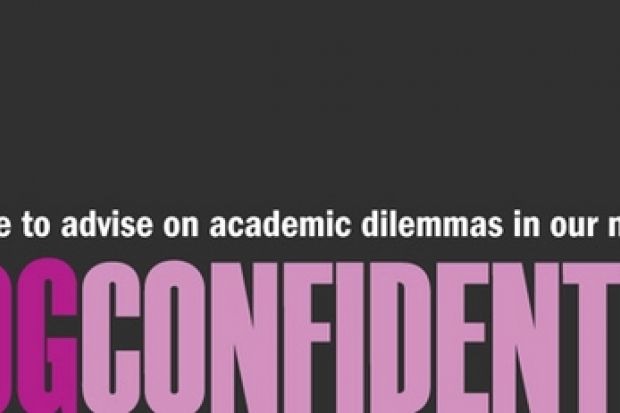I am in deep trouble. I have always undertaken "extracurricular" activities in relation to my work to boost what is a not particularly brilliant income that I earn as a researcher/senior lecturer. This has consisted of some freelance work here and there, and occasional consultancies that fall outside my job description.
In the past, it was accepted that such things were done and no fuss was made about it. Unfortunately, things are different now. A letter to me confirming eight days' consultancy work over the next 12 months somehow got into the hands of our rather overzealous new dean. He has instigated disciplinary proceedings and is demanding to know my past history in relation to income earned outside the university. I have contacted the union and a local rep has been helpful up to a point, but it feels like I am in this one on my own.
While I accept that the guidelines are clear that all income generated outside a full-time contract must be agreed in advance and declared to managers, things have been historically relaxed - as long as you worked your hours, managers would avert their eyes if you sought to further your income outside. Everyone does it, but I'm the one being taken to the cleaners.
I need some constructive support. I fear that I could be dismissed over this matter.
There are no hard and fast national rules about this issue, and guidelines vary from university to university. Of late, however, there are massive drives to generate external income for institutions, and the notion of allowing staff to simply "freelance" whenever they wish is on the way out.
I think you may have to face the music on this one and expect a written warning at the very least. If, however, there has been a culture in which academic leaders in your department accepted or encouraged individuals' efforts to obtain supplementary external income, you may be able to make a case for mitigation.
Study your contract, and detail any previous incidents in the university where warnings were given. You may also wish to seek advice from a solicitor who specialises in employment law.
This said, I feel that I am providing advice against my better judgement. Loyalty to one's employer is important and external consultancies and personal income generation can blur professional and ethical lines.
A more ethical way forward would be to accept the error of your ways and suggest to the dean that the university benefit financially from this most recent "contract" you have obtained. The dean may well agree and offer clemency for what is clearly a failure on your part. You will still have to deal with your conscience.
The days of informality and of managers turning a blind eye are over. The rules should be applied to all equally - to you and all your colleagues, even those individuals with the Midas touch when it comes to landing lucrative research grants.
Register to continue
Why register?
- Registration is free and only takes a moment
- Once registered, you can read 3 articles a month
- Sign up for our newsletter
Subscribe
Or subscribe for unlimited access to:
- Unlimited access to news, views, insights & reviews
- Digital editions
- Digital access to THE’s university and college rankings analysis
Already registered or a current subscriber? Login
